We speak with the researcher from the Delàs Centre for Peace Studies, Pere Ortega, who analyzes the current situation of the confrontation and demands more efforts towards a scenario that makes peace possible.
The February 24 marks one year since the Russian invasion of Ukraine. A war that could have been avoided and has already caused more than eight thousand civilian casualties and fourteen million displaced people, in the midst of a humanitarian crisis that is on its way to becoming the worst in recent European history. Human rights violations increase day by day in a country that is demolished, with serious difficulties in supply and provision to a population that resists, but is increasingly vulnerable.
The UN raises the number of people who "desperately need humanitarian aid" in the country to eighteen million, a figure that is just the tip of the iceberg of the catastrophe that could befall the Ukrainian population if the conflict continues to escalate in the bellicose spiral to which it seems headed.
It has been a year since the beginning of a war that almost everyone predicted would be short, but today it seems entrenched and few dare to predict when it will end. Initiatives to move towards a scenario of peace are rather scarce and weak, as is the social mobilization to demand an end to the conflict, which is far from the one that was articulated in response to other wars such as that of Iraq in 2003.
The dangerous escalation of the conflict
After the failure of the first Russian assault, which aimed to end the conflict in a few days, the dispute has entered a dangerous escalation, awaiting the announced major offensive that Moscow plans for the spring. The resistance of the Ukrainian population and, above all, the financial and military aid from the West, which has entered a new dimension with the announcement of the deployment of Leopard and Abrams combat tanks by Europe and the United States, have placed the conflict in a phase of long war.
"All the information coming from Ukraine leads us to believe that we are facing a war that will be long, excessively long, because there is no willingness on the part of either side to move towards a negotiating scenario", says Pere Ortega, honorary president and researcher at the Delàs Centre for Peace Studies.
The strong involvement of NATO, led by the US, and without which Ukraine would already have been defeated, has put the conflict in a deadlock in which no one wants to take a step back. Ortega ensures that since the war has become a clash between Russia and the United States and its European allies in a Ukrainian setting, a fact reinforced by the recent visit of US President Joe Biden to Ukraine and his unwavering support for the government of Volodymyr Zelensky, the situation does not allow for a short-term solution.
"Rather the opposite, there is an increasingly important military escalation that is leading us towards the danger of a confrontation on a global scale; there is no stalemate, but escalation, and this implies more deaths and more suffering for the Ukrainian population and for the rest of Europe", points out the researcher.
This escalation has become even more evident after Russian President Vladimir Putin's state-of-the-nation address, in which he accused the West of "starting the war" and warned that Russia "can never be defeated". The verbal attack by the Kremlin leader, aimed at intimidating his opponents, comes with a very relevant announcement: freezing Russia's participation in the START III treaty on nuclear arms control. This represents one more step towards the nuclear threat that Putin has posed almost since the beginning of the confrontation.
"Putin's decision dangerously brings us closer to a hypothetical nuclear catastrophe, with catastrophic consequences for the world, given that the Russian president has broken an agreement that was the last lock to prevent a nuclear escalation between the US and Russia," says Ortega, who is very clear that we are already "in a scenario of open war between Russia and NATO" because the involvement of the West in the conflict is total.
Is there anyone advocating for peace?
Beyond the battlefield and the geopolitical turmoil, the consequences of the war in Ukraine have fueled multiple crises, such as the energy crisis due to the rise in gas and oil prices, which will continue to worsen if the conflict does not stop; the food crisis, as a result of the disruption of food production and export processes such as wheat and oats and the increase in prices; and the economic crisis, with rampant inflation that punishes the population's wallets.
For Ortega, if the escalation in which the conflict has been installed does not decrease in intensity, these crises will become increasingly deeper, and the prognosis cannot be anything other than "a very bleak immediate future", given that prices will continue to rise, and the coming years will be very difficult for the population, who will bear the consequences.
In this context, is anyone promoting peace? Although it may seem not, it is true that in recent weeks some heads of government, such as those of Brazil, Argentina, and Colombia, have expressed the need to move towards an agreement that enables the end of the conflict. However, in this sense, their strength is rather scarce.
On the other hand, the role of China, the world's second power and Russia's ally, is more significant. At the Security Conference held in Munich a few days ago, China's top diplomatic representative, Wang Yi, presented a peace plan to the world. Later, the Chinese leader personally conveyed the proposal to Putin during a visit to Moscow, where he reiterated the good relationship between the Asian power and Russia.
"We should all listen carefully to China and hope that the peace plan it has proposed will have good results, especially European leaders, because China does have influence over Russia because of its multiple alliances, and therefore a path could be opened here towards a negotiating table and a ceasefire that puts an end to a conflict that does not bring anything good to anyone," says the researcher from the Delàs Center.
Anyway, a year of war in Ukraine has left a more dangerous and militarized world, with increasing arms spending, while altering the global order with uncertain consequences. "In a way, we are facing a new cold war, which is not the same as the one we experienced in past decades, but there is a growing and undesirable confrontation between the bloc led by the US and the bloc of China and its allies, such as Russia or Iran, among others. Instead of moving towards peace, we are heading towards war," emphasizes Ortega.
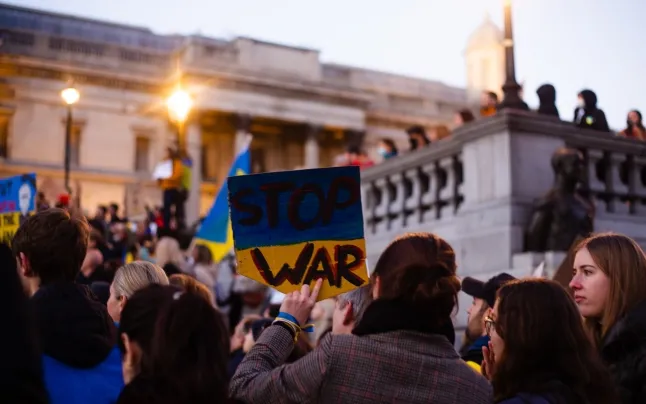
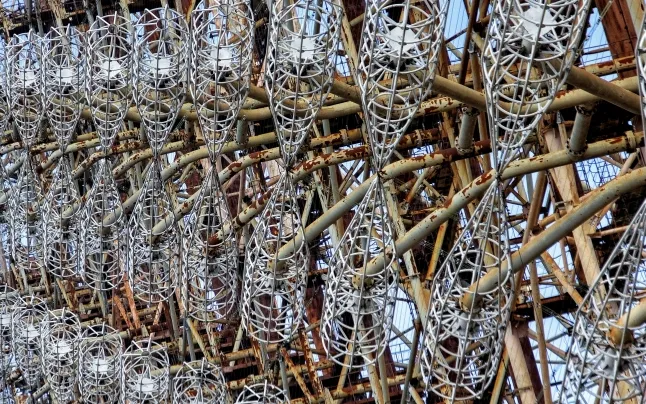
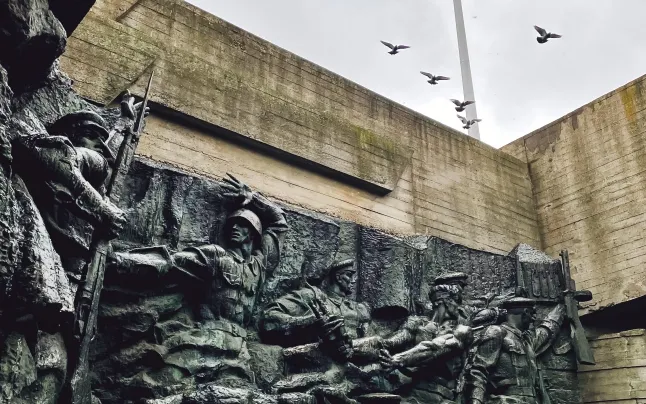



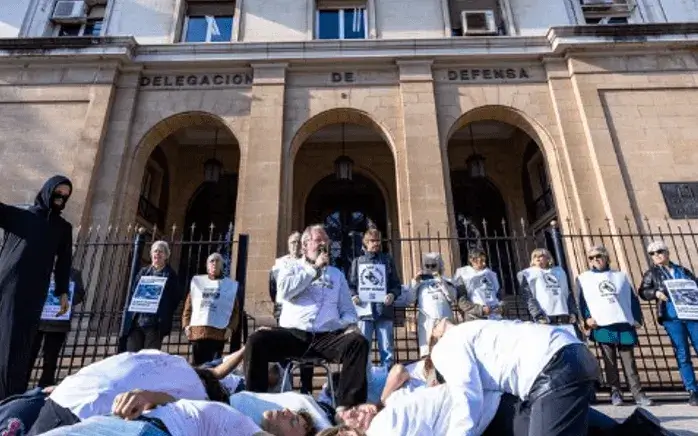
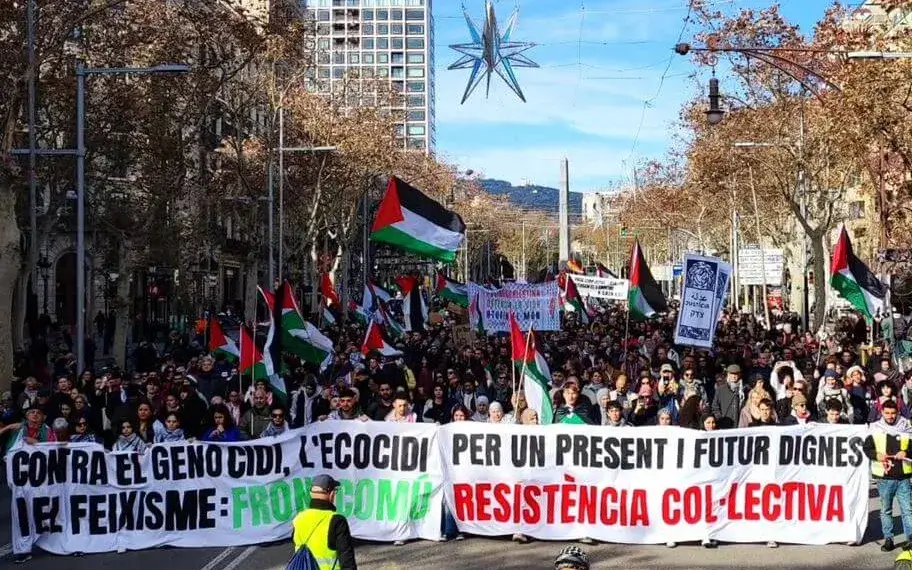
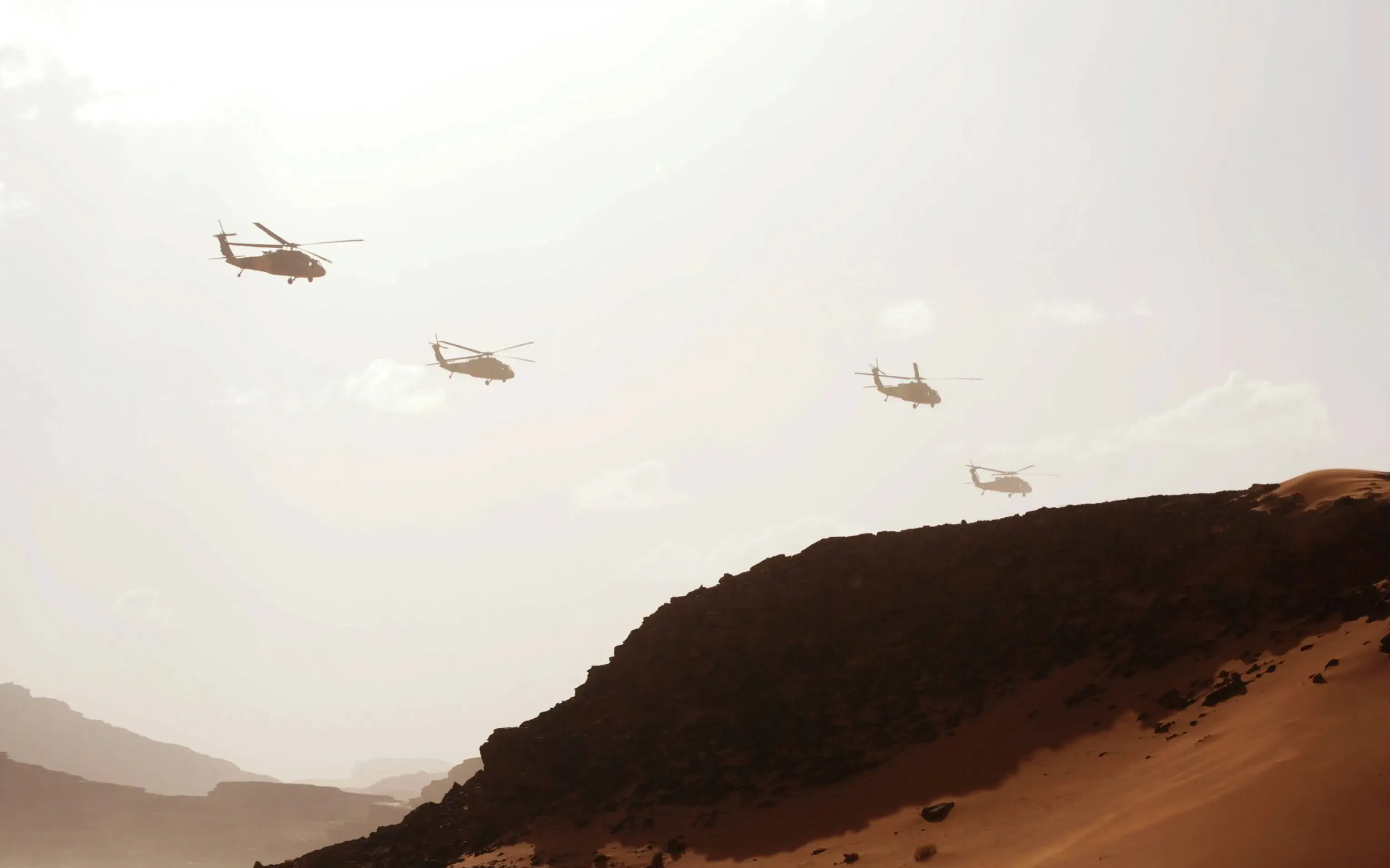
Add new comment